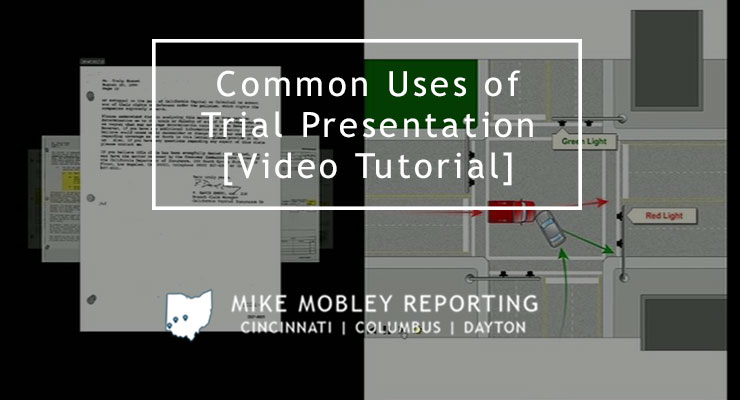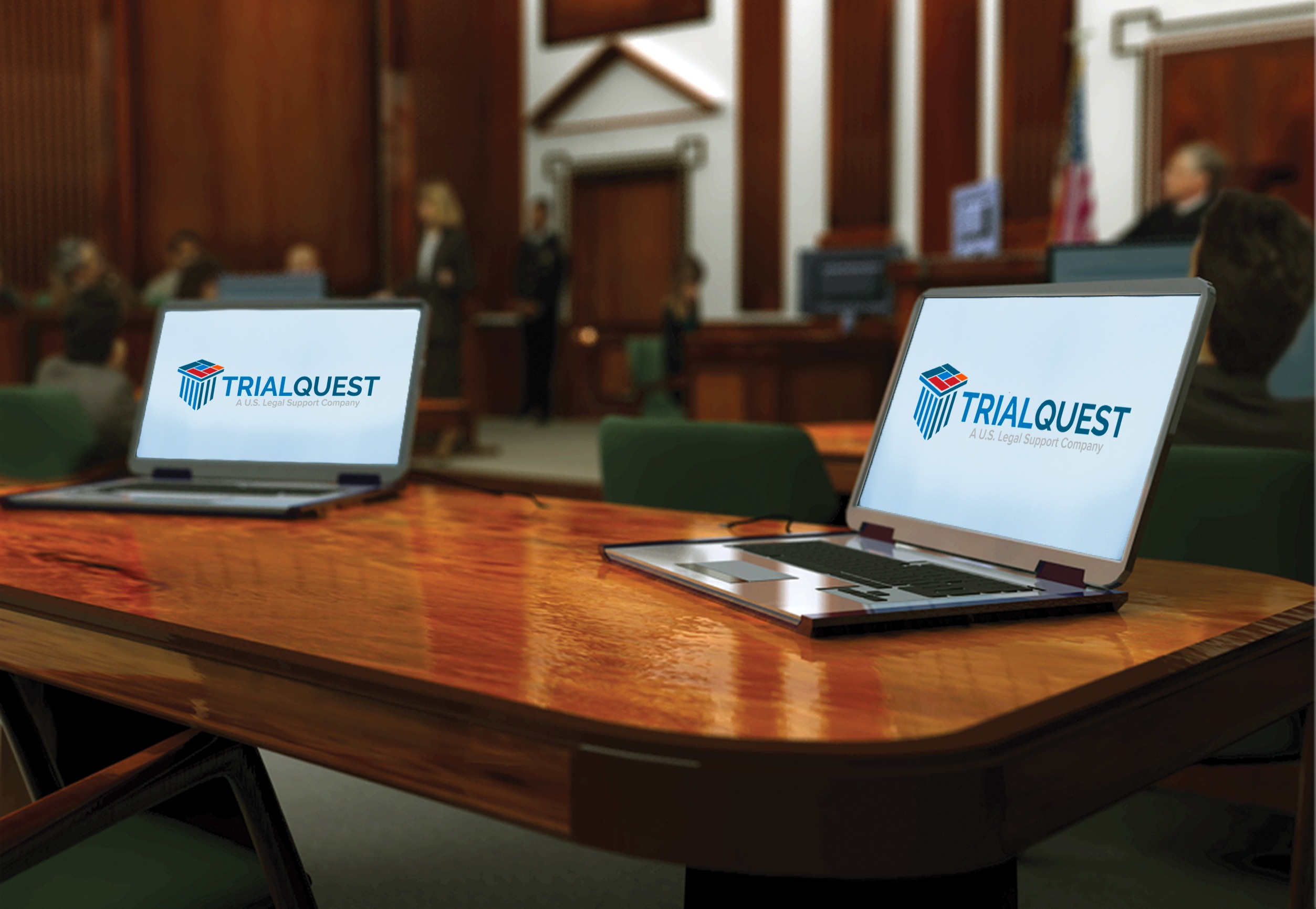How Trial Presentations Simplify Complex Evidence for the Jury.
How Trial Presentations Simplify Complex Evidence for the Jury.
Blog Article
Why Test Presentations Are Important for Convincing a Court
Test discussions play a critical role in the lawful procedure, serving as an important system for persuading jurors. By successfully streamlining complicated lawful ideas and incorporating visual aids, lawyers can create an interesting story that resonates on both intellectual and emotional levels. This calculated technique not only improves jurors' understanding however also cultivates a deeper connection to the situation available. As we explore the different elements that make up a reliable test discussion, it comes to be noticeable that the art of persuasion extends far beyond plain disagreements. What elements truly elevate these discussions to their crucial condition?
Significance of Aesthetic Help
Visual help play a vital duty in test presentations, working as powerful devices to improve jurors' understanding of intricate information. They can transform elaborate legal concepts and valid information into easily digestible styles, thus enhancing jurors' retention and understanding. In a court setting, where interest spans might wane, aesthetic aids such as charts, charts, and timelines can properly capture and keep passion.
In addition, visual aids aid in showing bottom lines, making abstract concepts a lot more concrete. For circumstances, an infographic can succinctly summarize a series of events or relationships, permitting jurors to imagine the evidence offered. This graph can bridge voids in recognizing that may arise from verbal descriptions alone.
In addition, well-designed aesthetic help offer integrity to the situation. They demonstrate the attorney's readiness and professionalism and reliability, mirroring a thoughtful technique to campaigning for. By giving a clear aesthetic context, attorneys can better suggest their placement and encourage jurors to straighten with their point of view.
Involving Storytelling Techniques
An engaging narrative is important for properly involving a court throughout trial discussions. Narration techniques can change intricate lawful debates into relatable and memorable experiences for jurors. By building a clear and systematic narrative arc, attorneys can guide jurors via the facts, stressing essential factors that sustain their case.
Making use of personalities, dispute, and resolution within the narrative enables jurors to understand the people involved, developing a sense of compassion and understanding. Trial Presentations. This human aspect can be especially powerful in developing the context of the case, making the info a lot more absorbable
Integrating vibrant descriptions and appropriate stories can additionally enhance the story, suggesting that reverberates with jurors on a much deeper degree. Attorneys must concentrate on offering the realities in a manner that highlights the stakes involved, fostering a sense of seriousness and importance.
In addition, pacing plays an essential duty in narration; differing the tempo can keep jurors' attention and highlight vital moments in the case. Overall, engaging narration strategies function as an important tool for lawyers looking for to convince juries and influence their decision-making procedure.
Psychological Link With Jurors

To accomplish this connection, lawyers can utilize dazzling narration, engaging visuals, and authentic statement that highlight the human element of the situation. Focusing on the real-life ramifications of the trial can assist jurors see beyond the lawful lingo and value the psychological risks involved. Such techniques encourage jurors to feel sorry for the events entailed, making them more probable to think about the emotional weight of the proof presented.
Additionally, building you can find out more count on through genuineness and credibility can additionally enhance this psychological bond (Trial Presentations). When jurors really feel an individual link to the situation, they are much more inclined to involve deeply with today arguments, eventually making their useful reference considerations more notified and impactful. Thus, fostering a psychological link is not simply useful; it is important for effective persuasion in the court
Simplifying Complex Info

Using aesthetic help, such as charts and diagrams, can significantly improve understanding by giving a concrete depiction of abstract concepts. This approach permits jurors to picture connections and impacts, promoting much better comprehension of the instance's nuances. In addition, damaging down information right into smaller, absorbable segments aids maintain jurors' emphasis and avoids cognitive overload.
Using simple language is just as important. Legal jargon or extremely technical terms can alienate jurors and obscure the core message. By making use of typical language, lawyers create a bridge to link with jurors, making certain that the compound of the debate is both relatable and memorable.
Eventually, streamlining complex info not just help jurors in understanding the situation yet also promotes a feeling of self-confidence in their ability to make a notified choice, which he has a good point is important for accomplishing a desirable outcome.

Enhancing Retention and Remember
While jurors might realize complex information during trial presentations, improving their retention and recall is just as essential for ensuring that essential disagreements resonate long after the procedures. Efficient test discussions make use of numerous strategies made to enhance the jurors' memory of crucial facts and arguments.
Visual aids, such as charts, graphs, and video clips, can significantly bolster retention by engaging numerous detects, therefore developing more powerful cognitive links. Combined with clear, concise narratives, these tools aid enhance the major factors, making them a lot more unforgettable. Moreover, repeating of vital info throughout the presentation guarantees that essential disagreements are not just comprehended yet additionally implanted in the jurors' minds.
Another reliable method is using storytelling, which cultivates emotional engagement and help in recall. By framing facts within an engaging narrative, lawyers can produce a long lasting impact that resonates beyond the courtroom.
Inevitably, enhancing retention and recall is essential for encouraging jurors, as it empowers them to lug the weight of the situation's argument right into deliberations. A well-crafted discussion not only notifies but likewise ensures that jurors bear in mind the vital components needed to get to a just choice.
Conclusion
Finally, trial discussions play a pivotal function in encouraging juries by incorporating visual aids, involving storytelling, and emotional links. These elements streamline intricate legal ideas, making them accessible and relatable. Moreover, reliable presentations improve jurors' retention and recall of critical disagreements, inevitably affecting their deliberations. By cultivating a much deeper understanding of the case, trial presentations function as an essential tool in the pursuit of justice within the legal system.
Report this page